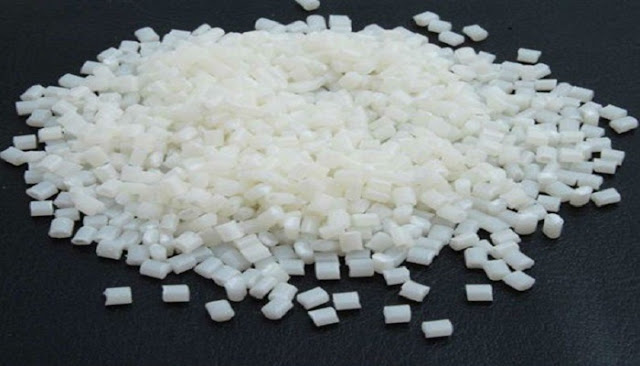Shift towards Bio-based Alternatives in the Petroleum Resins Market
The global shift towards bio-based alternatives in the petroleum resins market
represents a significant paradigm shift driven by environmental concerns,
sustainability goals, and a growing preference for eco-friendly materials.
Petroleum resins, traditionally derived from fossil fuel feedstocks, are
essential components in various industries, including adhesives, coatings, and
inks. However, the reliance on non-renewable resources and the environmental
impact associated with petroleum-based resins have prompted the exploration of
greener alternatives.
Bio-based petroleum resins are
derived from renewable sources such as plant-based feedstocks, agricultural
residues, and biomass. The shift towards these bio-based alternatives offers
several compelling advantages that align with the global drive towards a more
sustainable and circular economy.
One of the primary benefits of
bio-based petroleum resins is their reduced carbon footprint. Unlike their
petroleum-derived counterparts, bio-based resins utilize CO2 absorbed during
plant growth, effectively sequestering carbon and contributing to a net
reduction in greenhouse gas emissions. As a result, these resins play a crucial
role in mitigating climate change and promoting environmental stewardship.
Furthermore, the use of renewable
feedstocks in bio-based resins reduces dependency on finite fossil fuels,
ensuring a more stable and resilient supply chain. This independence from
volatile oil prices makes bio-based resins a viable long-term solution for
industries seeking sustainable sourcing options. The shift towards bio-based
alternatives in the petroleum
resins market represents a transformative movement towards
environmental sustainability and circular economy principles.
In addition to their
environmental advantages, bio-based petroleum resins offer comparable or even
superior performance characteristics to their petroleum-based counterparts.
Manufacturers have invested in research and development to fine-tune the
molecular structure of bio-based resins, tailoring them to meet specific
industry needs. This has resulted in bio-based resins that exhibit excellent
adhesion, thermal stability, and compatibility with other materials, making
them suitable for diverse applications in adhesive, coating, and ink
formulations.
Moreover, the shift towards
bio-based alternatives is a response to evolving consumer preferences. As consumers
become more environmentally conscious and demand eco-friendly products,
industries are under pressure to offer sustainable solutions. Adopting
bio-based petroleum resins allows companies to meet these demands, attract
environmentally conscious customers, and improve brand reputation.
However, the transition towards
bio-based resins also presents challenges. Scaling up production and achieving
cost-competitiveness compared to traditional petroleum
resins require continued investments in research, development, and
innovation. Additionally, ensuring the sustainability and responsible sourcing
of bio-based feedstocks is crucial to avoid unintended environmental
consequences, such as deforestation or excessive land use.
Governments and regulatory bodies
around the world are supporting the shift towards bio-based alternatives by
incentivizing sustainable practices, providing research grants, and
implementing policies that encourage the use of renewable materials. This
regulatory support has accelerated the adoption of bio-based resins in various
industries and fostered a more sustainable future for the petroleum resins
market.
The shift towards bio-based
alternatives in the petroleum
resins market represents a transformative movement towards
environmental sustainability and circular economy principles. Bio-based resins
offer the potential for reduced carbon emissions, increased resource
efficiency, and comparable performance characteristics, making them a
compelling solution for industries seeking greener alternatives. With continued
investments in research and development and regulatory support, bio-based
petroleum resins are poised to play a crucial role in shaping a more
sustainable and resilient future for the global economy.




Comments
Post a Comment